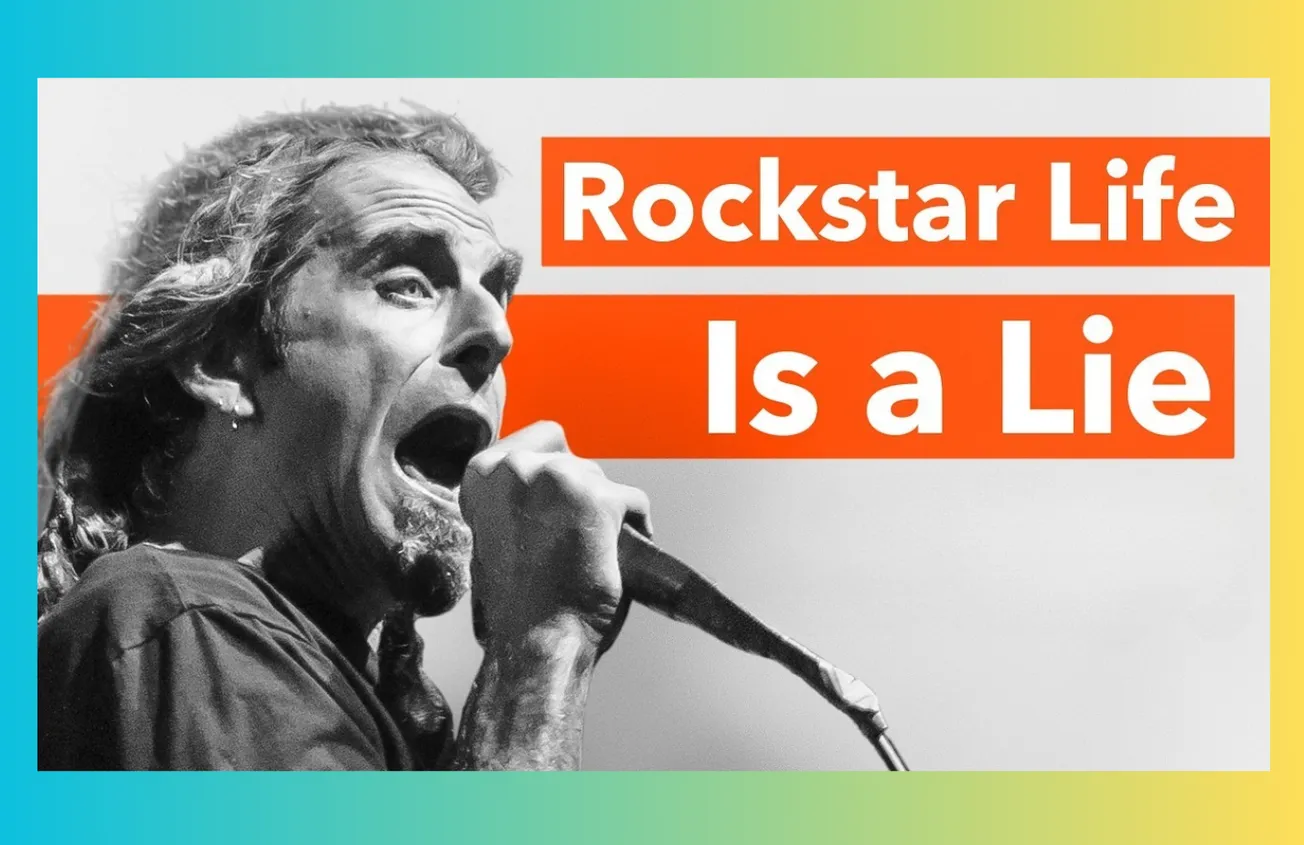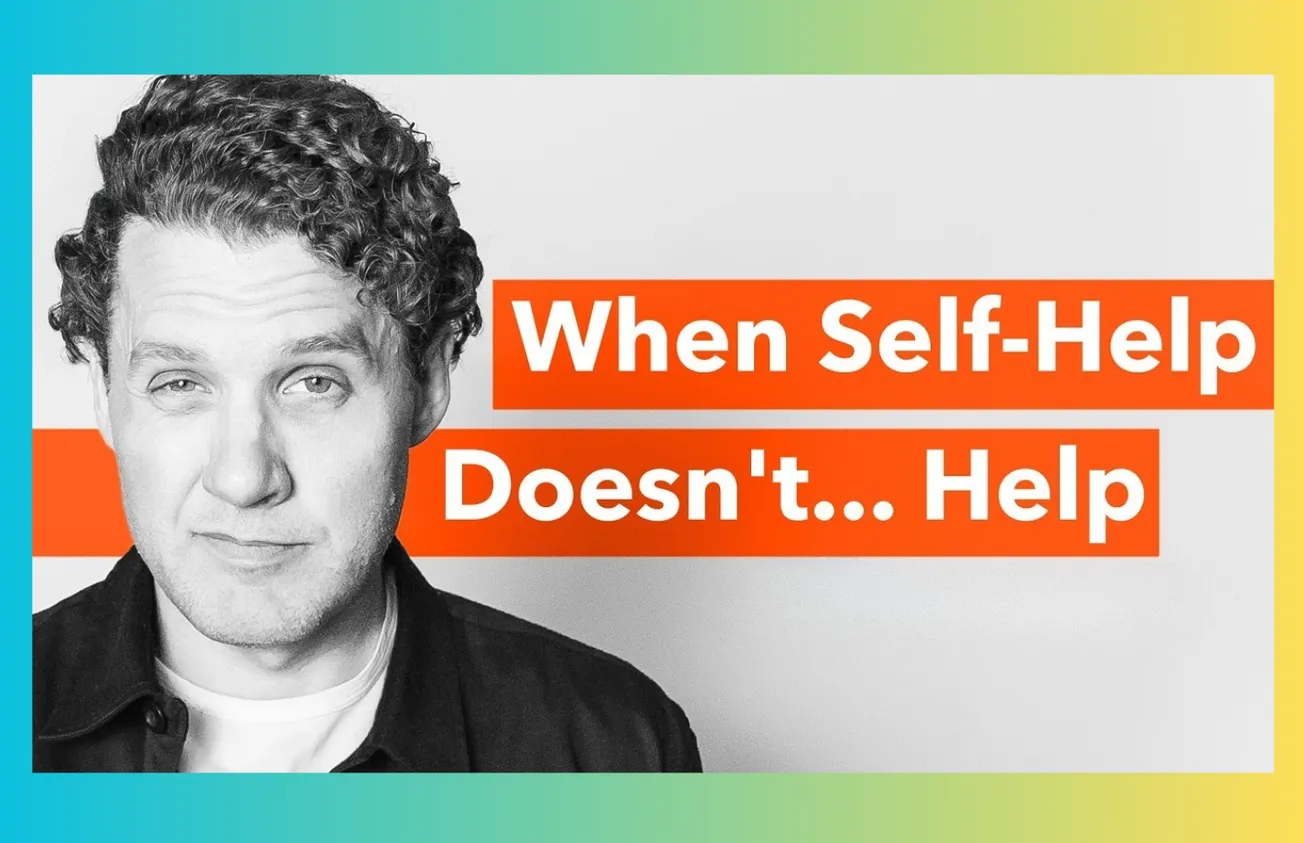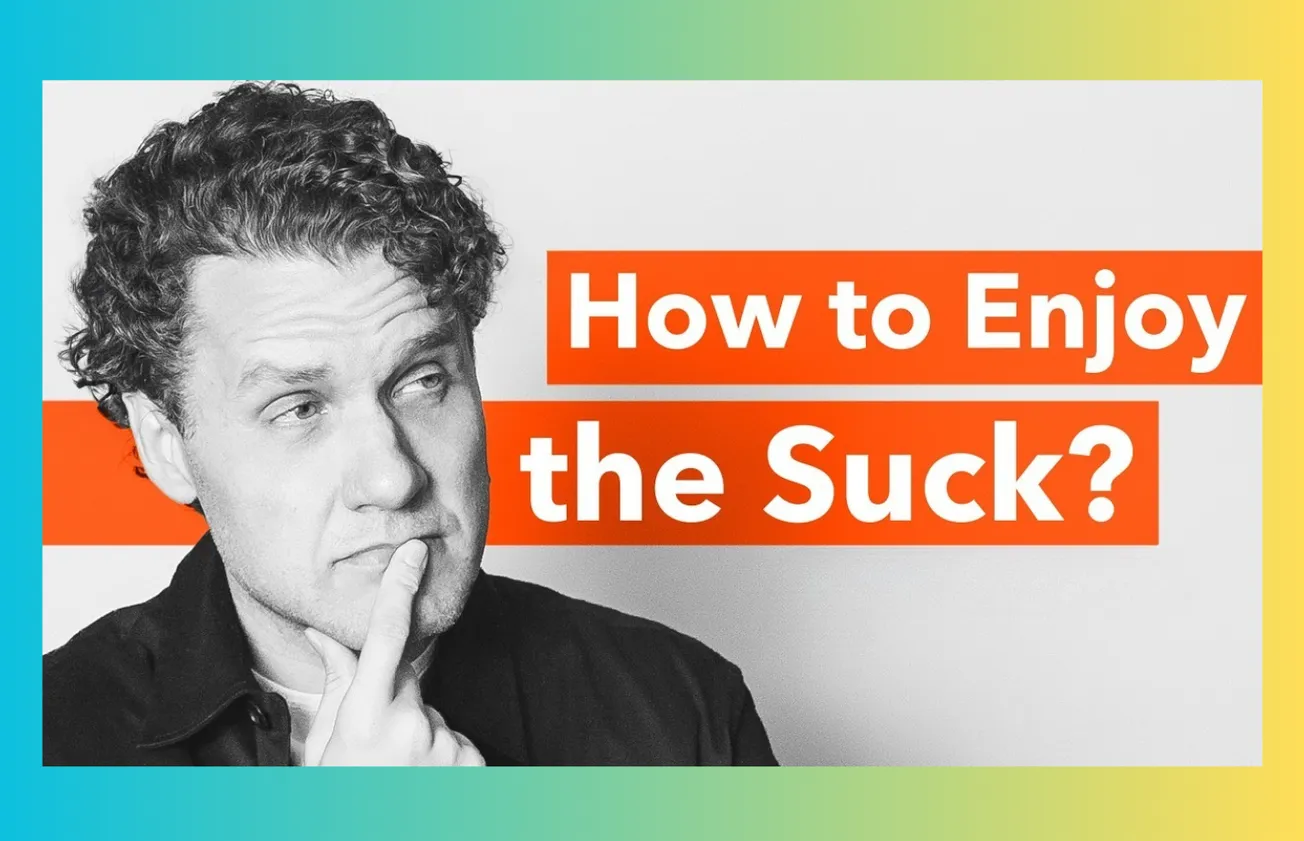Table of Contents
TikTok didn’t just change entertainment—it fractured political discourse, atomized intimacy, and rewired emotional cognition. The “For You” feed doesn’t just guess your interests. It sculpts them—and in doing so, it’s reshaping elections, empathy, gender identity, and the entire architecture of belief.
Key Takeaways
- Social media’s shift from social graph to psychograph created echo chambers engineered by emotional resonance, not social proximity.
- Local civic participation is plummeting as national political hysteria dominates emotional and media bandwidth.
- TikTok’s algorithm amplifies gender divergence, splitting men and women into epistemic tribes and narrative ecosystems.
- Narrative consumption is often mistaken for political agency; performative outrage replaces durable empathy.
- Self-help, dating advice, and emotional language are now gender-siloed—reproducing bias and misunderstanding.
- As women thrive in the service economy, men face status anxiety and economic displacement—fueling ideological backlash.
- Our politics have become entertainment; our intimacy, transactional; our discourse, tribalized.
- Technology isn’t neutral—it’s curating identity, belief systems, and even desire.
- Without deliberate friction, the algorithm becomes an unconscious guide to how we vote, love, and think.
The Spectacle Machine: Why National Theater Dominates Local Silence
- Every podcast—whether on finance, fitness, or design—now bleeds into politics. The obsession isn’t with governance. It’s with conflict.
- Mark Manson flags the irony: we ignore the local power we can influence while obsessing over national narratives we can’t.
- Politicians have become celebrities. Policy has become background noise. The drama eclipses the details.
- This breeds burnout. Our political imagination is constantly overstimulated, yet our civic action atrophies.
- Colorado’s teenage mental health programs show real, measurable improvement. But you won’t hear that on your feed—good news is bad engagement.
- People scroll through performative activism with the same reflex as memes. Tragedy fatigue kicks in, numbing real agency.
- The dopamine loop rewards clickbait rage, not thoughtful reform.
Beyond the Hero Archetype: Decentering Personality in Politics
- We romanticize the “hero president” trope—imagining one leader can fix systems built over centuries.
- Manson admits to once falling into this. But age and analysis shifted his focus from personality to outcomes.
- Trump and Biden both advanced their agendas—despite public disapproval. Charisma is overrated; execution, underreported.
- The more we focus on optics, the more vulnerable we become to emotional manipulation.
- It’s not about the candidate. It’s about the coalition—and the currents behind them.
- Our fixation on individuals erases the complexity of institutional power and civic responsibility.
TikTok’s True Revolution: From Social Graph to Psychograph
- Facebook showed you what your friends liked. TikTok shows you who you are—even if you don’t know it yet.
- Its algorithm is not about connection. It’s about attention. It reads your hesitation, rewinds, pauses—and delivers dopamine on demand.
- This shift moved us from shared networks to behavioral silos. We no longer consume based on affiliation—but on affect.
- The result? Men get red-pilled fitness overlords and war podcasts. Women get trauma content and spiritual solopreneurs.
- Content divergence becomes cultural divergence. From voting patterns to vocabulary, gendered timelines deepen division.
- South Korea’s 50-point youth gender gap is not an anomaly. It’s a mirror of the psychographic age.
- Platforms no longer mirror society—they manufacture it. What you watch becomes what you believe.
- Algorithms now act as invisible architects of identity, creating bubbles that feel like reality.
The Gendered Web: How Algorithms Broke the Bridge Between Us
- Women are rising in education, income, and social power. Men, in many sectors, are declining. Dating dynamics reflect this imbalance.
- TikTok doesn’t just show us content. It shows us different worlds. Ones where the opposite gender becomes alien, adversarial, or archetypal.
- Young women receive endless reels of men behaving badly. Young men get black-pilled by creators pushing nihilism or hyper-masculinity.
- Relationship norms fracture. Birth rates decline. Compatibility becomes political.
- The new metric of attraction is alignment, not chemistry. And alignment now means ideology more than shared interest.
- Even self-help has split: Female creators emphasize healing. Male creators emphasize conquest. Empathy is lost in translation.
- The result is not only fewer relationships—but fewer cross-gender friendships, trust, or shared emotional language.
Technology is the New Ideology
- Manson makes a bold claim: when shifts occur everywhere at once—don’t blame politics. Blame tech.
- Platforms like TikTok shape worldview with frightening efficiency. Within 30 minutes, it profiles emotional triggers better than your therapist.
- Netflix still uses user preferences. TikTok builds behavioral fingerprints.
- Once you become a content node—an identity avatar designed for engagement—you’re no longer learning. You’re being conditioned.
- Culture, once inherited or debated, is now streamed. And the stream flows fast enough to erode memory, nuance, and doubt.
- Ideology is no longer taught—it’s served algorithmically in digestible outrage packets.
- The content you consume today shapes the policies you vote for tomorrow.
The Collapse of Empathy: When Outrage Becomes Performance
- Our nervous systems were not designed for planetary suffering on loop. TikTok and Twitter deliver tragedy without closure, context, or control.
- People mistake sharing a video for taking a stand. Retweeting becomes righteousness. But the emotion is rarely sustainable.
- Manson calls it “empathy fatigue.” When everything matters, nothing can.
- Algorithms reward anger, urgency, and fear. But justice and compassion need slowness, nuance, and time.
- Historical context—often the only antidote to moral panic—is drowned in velocity.
- Don’t just look at what’s trending. Ask: what’s missing?
- Real empathy requires boundaries, not constant exposure. Selective care isn’t apathy—it’s wisdom.
Escaping the Feed: Five Ways to Reclaim Cognitive Sovereignty
- Reinvest in Local – Volunteer, vote, or simply talk to a neighbor. Local context breeds clarity and meaningful agency.
- Curate With Intention – Prune your digital diet like your nutrition. What you consume becomes what you believe.
- Diversify Inputs – Seek disagreement. Listen to longform. Read books. Algorithms collapse complexity—fight back.
- Prioritize Long Attention – Schedule time for slow thinking. Complexity requires stamina and silence.
- Audit Your Outrage – Before reacting, ask: Who profits from my anger? And who’s invisible in this story?
TikTok didn’t just warp our attention. It rewired the scaffolding of meaning. It made content addictive, identity performative, and trust algorithmic. But we’re not doomed. We’re just distracted. If we can slow down, zoom out, and reconnect—offline and across lines—we might remember how to be citizens, lovers, and learners again.
And maybe the most radical thing you can do today isn’t to go viral—but to listen, deeply, to someone outside your feed.









